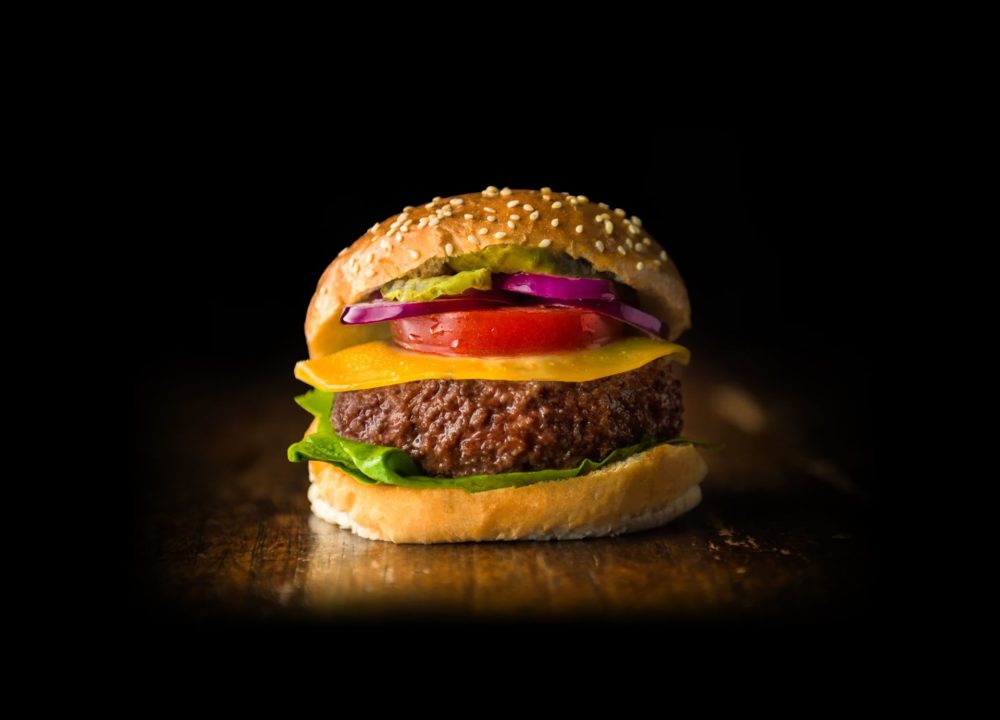Mosa Meat, the Netherlands-based startup that built the world’s first ‘lab-grown’ beef burger back in 2013, has announced a second closing of its Series B round at $20 million.
That takes its total for the round so far to $75 million, following an earlier $55 million tranche announced in October.
Luxembourg-based foodtech fund Blue Horizon Ventures is leading the Series B round overall, with the first close seeing participation from Swiss meat producer Bell Food Group and M Ventures — a VC affiliated with German chemical and pharmaceuticals giant Merck (known as EMD in North America) — alongside several undisclosed investors.
In addition to the return of Blue Horizon Ventures, the second close involved a bevvy of new backers including Canada’s ArcTern Ventures, the Netherlands’ Rubio Impact Ventures, and Germany’s Target Global.
But perhaps the most notable participant in the second close was Japanese mega-conglomerate Mitsubishi Corporation. The trading house — part of the wider Mitsubishi confederation of companies — has holdings across a diverse array of businesses, from enterprise services and finance to energy, infrastructure, and retail.
“Mitsubishi are obviously a very relevant partner for providing bio-related technology, as well as marketing and sales expertise for the Japanese market in the future,” Sarah Lucas, head of operations at Mosa Meat, told AFN.
Lucas declined to comment when asked about further details of Mosa Meat’s and Mitsubishi Corp’s future relationship and any collaborative efforts they may be planning.
Global network, regulatory hurdles
Mitsubishi Corp has a food industry division which works in food science R&D, agri-commodities trading, packaged and processed foods products, and meat, dairy, and seafood production. It holds stakes in US grain handler Agrex, Singaporean agribusiness Olam, and Brazil’s Ipanema Coffees, among others.
Through its retail division, the conglomerate also has stakes in Japanese supermarket Life Corporation and convenience store chain Lawson. It has partnered with Life and Amazon to set up an e-grocery service that delivers fresh food items to customers within 2 hours.
“Already available across all of central Tokyo and Osaka, this could soon be the largest online fresh food business in Japan,” said Michael Causton, an analyst for JapanConsuming publishing on investment research platform Smartkarma.
“Life, whose largest shareholder is Mitsubishi Corp […] can more or less forego its own investment in logistics and fulfillment for online operations and concentrate on private brand development and new store formats, while Amazon ensures high awareness and demand to feed Mitsubishi’s food business. If cooperation reaches as far as sharing data and customer preferences, this should allow Amazon-Life to maintain a lead in online food for years to come.”
Furthermore, Mitsubishi Corp has a presence in 90 countries and a “global network of around 1,700 group companies,” according to Mosa Meat.
Taken together, all of this gives an indication of the kind of the domestic and global footprint the Japanese giant may be able to share with the Dutch startup, which has said it wants to produce 2 million tons of beef in the next 10 years.
But before it gets to the point that consumers will be able to order an affordable version of the rarer-than-diamonds cultured patty it served up to journalists in 2013, Mosa Meat still has some way to go. Much of the Series B funding it is raising will be dedicated to scaling up its production capabilities, including the expansion of its pilot facility in its home city of Maastricht.
There’s also the matter of securing regulatory clearances to actually be able to sell its products to consumers. A major milestone was reached last week in this regard when Singapore became the first country to approve a cultured meat product — Eat Just‘s lab-grown chicken bites — for public sale.
“We haven’t made our regulatory strategy public, but we are working towards approval in our target markets. Our main focus is our home market of Europe,” Lucas said.
“In Europe, the novel foods process takes a minimum of one-and-a-half years, and as we’ve seen it looks to be shorter in Singapore.”
Animal-free growth media
Australian impact investor Kilara Capital also participated in Mosa Meat’s Series B round, attracted by the startup’s “revolutionary” approach to creating “uncompromising whole meat products which dramatically reduce our reliance on natural resources, including the use of animal-free growth media,” it said in a statement.
The startup has developed a viable alternative to fetal bovine serum (FBS). For a long time, FBS has been the most effective growth medium for cultured meat; but its use is problematic in light of the nascent industry’s claims to be more animal-friendly than conventional meat production, given that it can only be obtained from slaughtered, pregnant cattle.
“Mosa Meat is a clear leader in the commercialization of food-grade products from lab-based innovation. [Kilara will] provide strategic energy advice, carbon offset opportunities, and project-level support” to the startup as it scales up, said the Melbourne-based firm’s managing director Ben Krasnostein.
It would seem that the Covid-19 pandemic has done little to dampen the enthusiasm of Kilara, Mitsubishi, or any of the other investors to have come on board for Mosa Meat’s Series B.
“We were very fortunate to receive a lot of investor interest, which meant that we have been able to complete our fundraising with only a few months of delay,” Lucas said.
“For some investors, the pandemic has, in fact, underlined the risks associated with intensive animal agriculture, as well as the need for more sustainable solutions.”
Got a news tip? Email me at [email protected] or find me on Twitter at @jacknwellis





